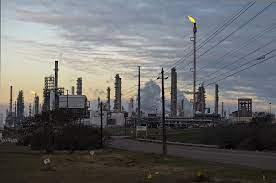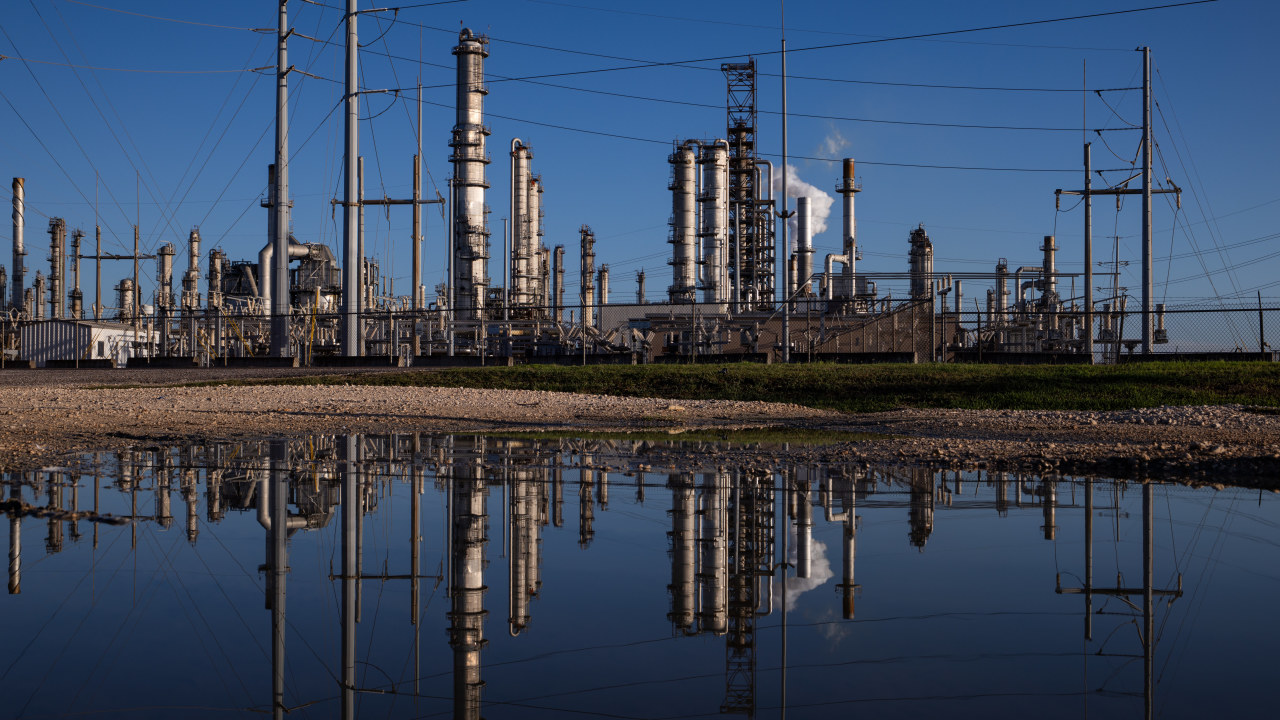This Texas energy hub is straining under drought

Industrial water demand and local strain
Corpus Christi has evolved into a major U.S. energy export hub, but rapid industrial growth is colliding with persistent drought and constrained freshwater systems. Refineries, liquefied natural gas terminals and petrochemical plants all require reliable water for cooling, processing and safety operations. That steady industrial demand has placed new pressure on municipal supplies and shaped hard choices for local officials who must balance household needs, agriculture and large-scale industrial users. Companies have moved to ration nonessential water use, deploy contingency plans, and in some cases accelerate investments in on-site recycling and storage to keep critical operations online.

Infrastructure options and policy tradeoffs
Addressing the shortage will require a mix of infrastructure upgrades and policy choices. Desalination projects, brackish-water treatment, pipeline expansions and new reservoirs are among the technical fixes under discussion, but each option carries steep costs, long permitting timelines and environmental tradeoffs. Industry can adopt lower-water processes and closed-loop cooling, but those retrofits carry high upfront bills that smaller operators may struggle to finance. Meanwhile, legal and political tensions have emerged as water districts mediate competing claims—residents demand household reliability while plants seek operational certainty and regional tax revenue. Experts argue that coordinated regional planning, clearer emergency allocation frameworks and targeted public funding are essential. Economists suggest scarcity pricing or water markets to internalize externalities, paired with protections for low-income households, so that conservation incentives do not unfairly burden the vulnerable. Without sustained investment and integrated planning, Corpus Christi’s experience could foreshadow similar strains at other energy hubs facing hotter, drier conditions.












